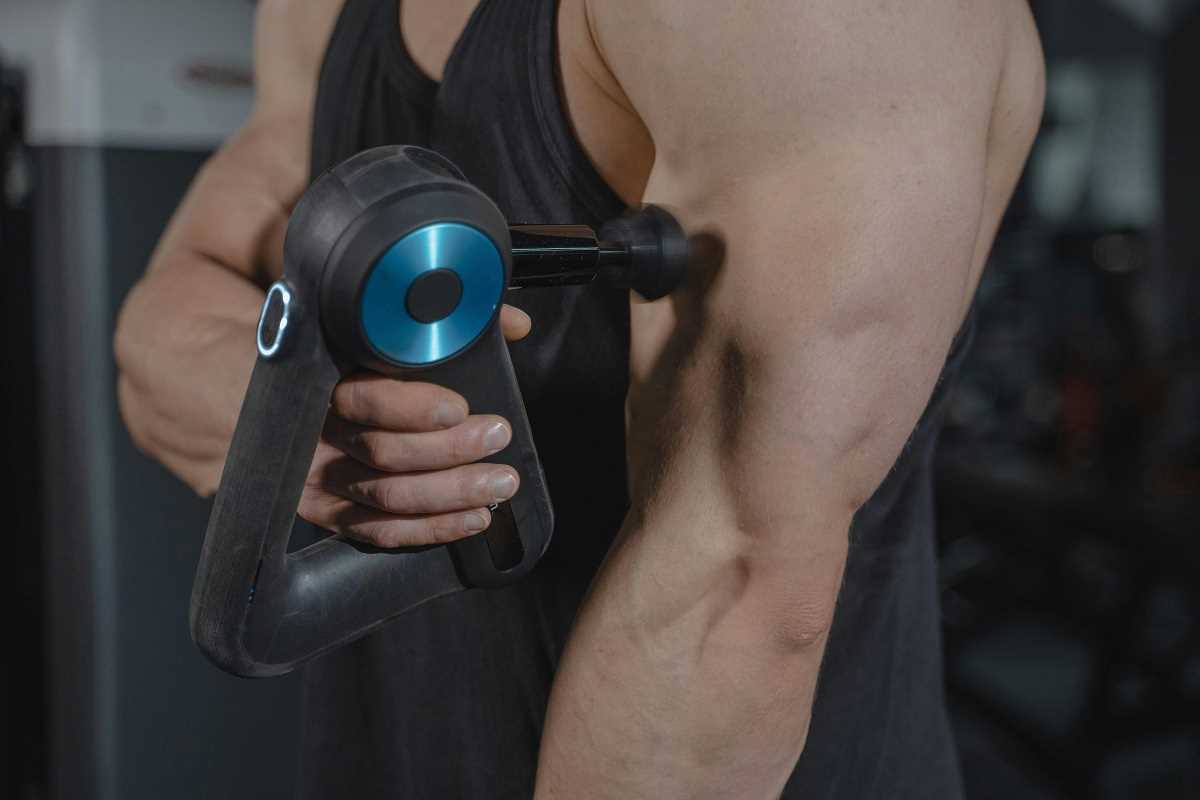Feeling drained and turning to coffee or energy drinks to power through your day? It’s something many of us do, but relying too much on caffeine can have its downsides. From caffeine crashes to restless nights, overdoing it often creates more problems than it solves. The good news is there are plenty of ways to naturally boost your energy levels that won’t leave you jittery or in need of yet another refill.
Here’s a fresh look at how to stay energized without reaching for your go-to caffeinated pick-me-up.
Hydration
One of the simplest ways to fight off fatigue is to make sure you’re staying hydrated. Even mild dehydration can leave you feeling sluggish and unable to focus. Your body relies on water to perform basic functions like regulating temperature, carrying nutrients to cells, and removing waste. Without enough of it, you’ll feel drained fast.
How to Stay Ahead of Dehydration
- Start Your Day Right: Drink a full glass of water first thing in the morning to kick-start your hydration.
- Carry a Bottle: Keep a reusable water bottle with you throughout the day as a visual reminder to sip often.
- Infuse It: Not sold on plain water? Add slices of cucumber, lemon, or berries to make it more exciting.
- Track Your Intake: Use an app or jot down how much you’re drinking to ensure you hit the recommended 8–10 cups per day (or adjust depending on your activity level).
Eat for Lasting Energy
Food fuels your body, but what you eat greatly affects how energetic (or drained) you feel. Consuming sugary snacks or heavy, greasy meals may give you a quick boost at first, but those crashes shortly afterward aren’t worth it. Instead, aim to incorporate balanced meals full of nutrients that keep your energy steady throughout the day.
Energy-Boosting Foods to Add to Your Diet
- Complex Carbohydrates like whole grains, oats, and sweet potatoes provide steady, long-lasting energy.
- Protein from lean meats, eggs, nuts, and legumes helps repair tissues while keeping hunger at bay.
- Healthy Fats such as avocados, nuts, and seeds fuel your brain and body.
- Iron-Rich Foods like spinach, beans, and lean meat combat fatigue caused by low iron levels.
- Magnesium-Packed Foods like bananas and dark chocolate aid cellular energy production.
Smart Meal Ideas
- Breakfast bowl with oatmeal, a dollop of almond butter, sliced banana, and a sprinkle of chia seeds.
- Grilled chicken sandwich on whole-grain bread with avocado and a side of leafy greens.
- Snack on apple slices paired with a handful of almonds for a quick pick-me-up.
Move More for Energized Mornings
It might sound counterproductive, but exercise doesn’t drain your energy; it builds it. Even short bursts of activity can increase blood flow, release endorphins, and improve your mood and focus. Plus, regular movement helps combat the midday slump that keeps millions reaching for another cup of coffee.
Easy Ways to Get Moving
- Take Walking Breaks: Get up and stretch your legs every hour, even if it’s just around your house or office.
- Go for Morning Strolls: A 10-minute walk outside can wake you up and set a positive tone for the day.
- Try a Quick Yoga Flow: Gentle stretches and poses like downward dog or child’s pose can help refresh your body and mind.
- Dance It Out: Put on your favorite song, crank up the volume, and enjoy a mini dance party.
Even if you’re short on time or energy, these easy movement habits can help you feel more awake and alive.
Practice Mindfulness for Mental Clarity
Sometimes, fatigue isn’t physical; it’s mental. Stress, overthinking, and to-do lists that never end can all drain your energy reserves. That’s where mindfulness practices like deep breathing, meditation, or journaling come in. They allow you to center your thoughts and clear your mental clutter.
How to Get Started
- Try Box Breathing: Breathe in for four counts, hold your breath for four counts, exhale for four, and pause for another four. Repeat several times to reset your focus.
- Practice Gratitude: Take a moment each morning or evening to jot down three things you’re grateful for. It’s a simple way to boost your mood and energy.
- Take a Mental Break: Step away from screens and distractions for 5–10 minutes. Use this time to close your eyes, relax, and recharge.
Mindfulness might not feel like the obvious energy booster, but internal calm can replenish the mental bandwidth you need to keep moving forward.
Get Enough Rest
This one might feel obvious, but no amount of clever hacks can make up for poor sleep. Consistently skimping on rest leaves your body and mind drained, no matter how healthy your habits are. Prioritize quality sleep by creating a routine that works for you.
Restful Night Tips
- Stick to a Schedule: Go to bed and wake up at the same time, even on weekends.
- Set a Wind-Down Routine: Try reading, meditating, or taking a warm bath an hour before bed to signal your brain it’s time to rest.
- Go Tech-Free: Avoid phones, tablets, or laptops at least 30 minutes before bed. The blue light can disrupt your natural sleep cycle.
- Make Your Room Cozy: Keep your bedroom cool, dark, and quiet, and invest in comfortable bedding.
When you’re well-rested, your energy levels will naturally remain higher throughout the day.
Consider Natural Energy-Boosting Alternatives
If you’re committed to cutting back on caffeine, a few natural alternatives can provide a gentler energy boost when needed.
Natural Picks to Try
- Herbal Teas like ginger or ginseng can provide a mild lift without the caffeine jitters.
- Electrolyte Drinks keep you hydrated and energized, especially after a workout. Look for low-sugar options.
- Green Smoothies blended with spinach, banana, and almond milk can be both refreshing and revitalizing.
- Dark Chocolate offers a slight caffeine kick along with antioxidants, making it a good occasional treat.
These options won’t pack the same punch as a triple-espresso, but they’ll provide enough pep to keep you going in a balanced way.
Boosting energy levels without overloading on caffeinated drinks is totally doable. By replacing the quick fixes with sustainable habits, you’ll find yourself relying less on coffee and more on your own energy-optimization strategies. Give these tips a try, and see how much better you’ll feel powering through your day, caffeine-free (or at least cutting back!).
 (Image via
(Image via





